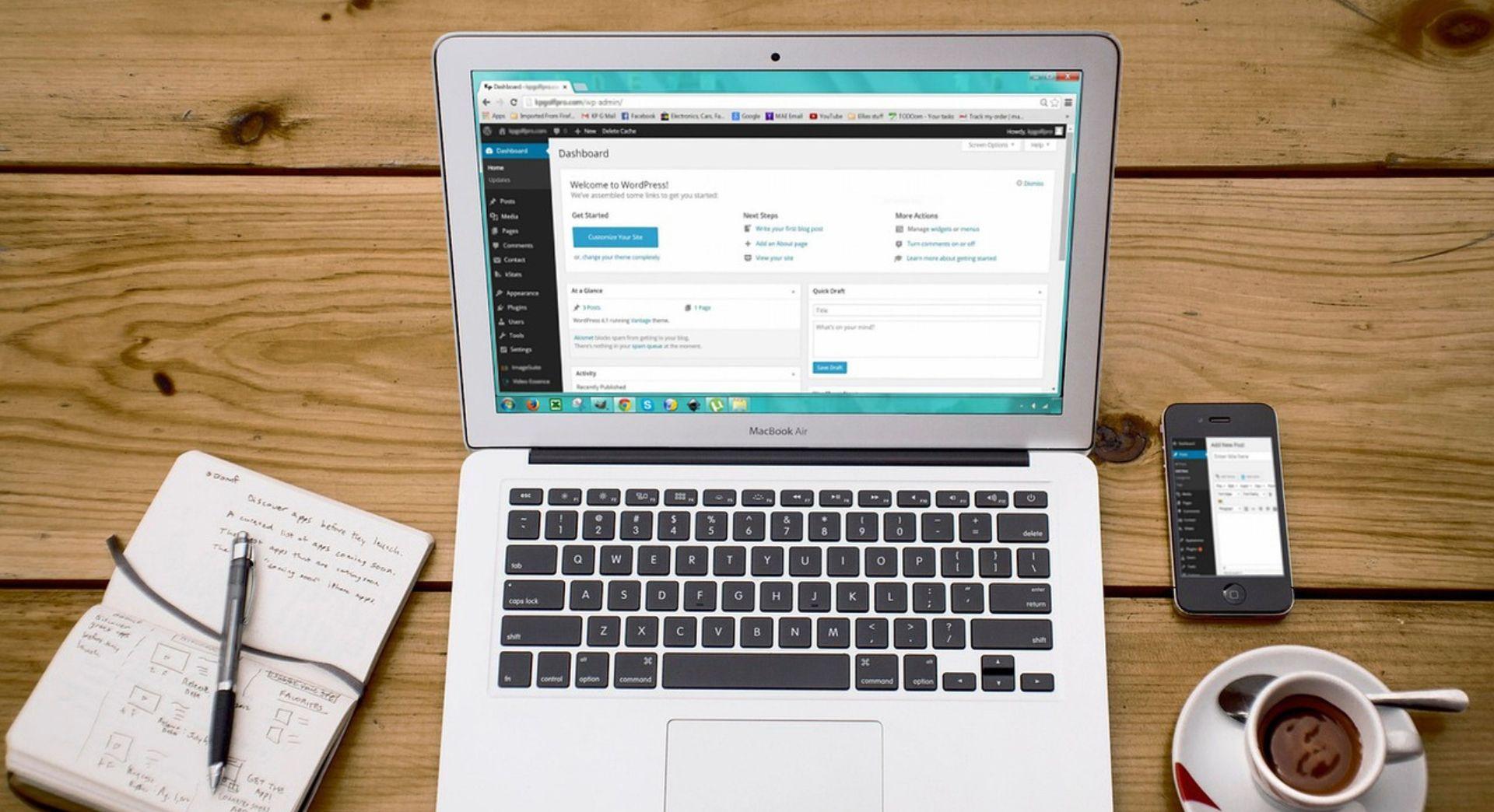While most of the world works from their homes, venturing out only for essentials, your employees are keeping those essentials available. And, even though they have a purpose, they are risking illness to do their jobs. If you’ve noticed a lack of motivation and general well-being among your staff, then maybe it’s time you looked at employee engagement.
Staff engagement is crucial to improve efficiency, employee retention and happiness.
In such a trying time, engagement is needed more than ever to keep employees motivated.
But it’s not just about keeping your business turning over, it’s also about your employees’ state of mind.
So, what are some ways you can keep them engaged?
Boost team engagement with these 9 tactics
Engaged, motivated employees are important all the time — but especially in times of crisis. Here are some ways to keep them moving forward:
- Value them.
- Prioritise their safety.
- Invest in their professional skills.
- Stop internal emails for a day.
- Be transparent.
- Do something surprising.
- Don’t check up, check in.
- Keep your cool.
- Stay informed.
Let’s dive right into the details.
1. Value them
Everyone loves value, but people love to be valued more.
Talk with your employees and make sure they have what they need at home and work.
But go further than physical essentials. Many businesses offer employee assistance programs that include counselling. If you have one, now would be a great time to remind your staff of its availability. Be sure you remind them that use of the service is confidential.
And if you don’t have one, here’s a few to look at:
Benestar
AccessEAP
Assure Programs
Giving your employees access to professionals who can help them process their fears (at no cost to them) can foster better employee engagement, leading to better team engagement.
2. Prioritise their safety

Provide hand sanitiser, gloves and masks if necessary. Put up posters reminding people to wash their hands, cough into their elbows, and to use sanitiser when hand-washing isn’t convenient.
But don’t just print posters from the internet, ask each of your staff to design their own fun posters and place them in relevant areas. Add their name to the bottom and they’ll become a talking point for whoever reads them, which will ingrain the message. You may even discover hidden talent!
Related: The essential guide to workplace safety
3. Invest in their professional skills
One of the best ways to boost employee engagement is to help them add to their job skills. They’ll be more connected knowing you care about their career and their future in the business.
Some benefits of professional development are:
Increase in job satisfaction
Knowledge increases initiative, confidence and job satisfaction.
Improves your whole team
New skills learned by one person often pass to other team members because people are excited to share their new knowledge.
Keeps good workers with you
Employees are loyal to businesses where they can grow and be challenged. And you want loyal employees in a crisis.
Confidence is another side-benefit of professional development. You’ll notice that some of your team members will start leading, giving you time to work on other things.
4. Stop internal emails for a day
This is radical, but it’s easy to forget that the people behind the keyboards are human. Stopping internal emails will prompt employees to call or walk to another desk for information.

A little human interaction, and a bit of small talk can lift spirits in this isolating time. Of course, make sure people follow social distancing rules.
5. Be transparent
Many businesses make the mistake of keeping employees out of the circle of trust, which can lead them to fill the information gaps with rumours and misinformation.
Be open to sharing the challenges the business is facing. Involve your employees if you need to cut costs. Not only will they relish being involved in the business’s direction but you’ll probably get some great ideas.
And when you get a great idea, acknowledge the employee who shared them.
6. Do something surprising
Show appreciation to your staff by:
- Preparing a hamper of essential items for each employee. Your employees are working for you and may be unable to get to the supermarket whilst there’s stock on the shelves. Help with those hard-to-get items (if possible).
- Choosing a different employee to leave early each day, to spend time with their family.
- Supporting a local restaurant and having lunch delivered to your staff.
Even the smallest unexpected treat can raise lagging spirits during difficult times.
7. Don’t check up, check in
Speak to your employees and ask how they are. Don’t talk about work unless they bring it up, because what you really need to do is check that things are okay with them. Ask about family, the challenges of schooling (if relevant) and open up with some challenges you’re facing. Let them know you’re all in this together.
8. Keep your cool
Like it or not, your position puts you in a leadership role. How you behave determines how well your employees and your business make it through the crisis.
Your employees need to see confidence and stability.
The Center for Creative Leadership suggests five ways to lead through a crisis:
- Seek credible information.
- Use appropriate communication channels.
- Explain what your organisation is doing about the crisis.
- Be present, visible and available.
- Dedicate organisational resources for future crises.
You can find more information and a link to their free book called Crisis Leadership on their website.
9. Stay informed

Keeping your cool when trying to navigate a crisis isn’t easy. Being a boss doesn’t mean you don’t share the same fears as your employees. But you aren’t alone — and finding support is easy in our connected world.
And, as a small business, you have government options to help you through the crisis:
- The Australian Government’s COVID-19 page (consider subscribing to their newsletter)
- The Australian Competition and Consumer Commission’s small business webpage
Remember everyone’s going through the same thing — reach out to other business owners on social media for commiseration and ideas.
Improve your employee engagement with these ideas
These are just a few of the many ways you can increase staff engagement in your workplace. But if you get stuck thinking of ways to engage your employees, ask them what they’d like to see. You’ll find it eye-opening and you may find they are already starting to engage.
So, take off your boss hat, become their coach and watch them engage before your eyes. Because in a world engulfed by tragedy, your workplace should be a place they feel safe, secure and happy to be making a difference.






